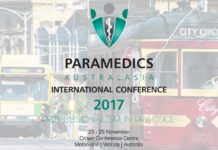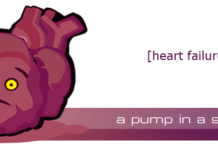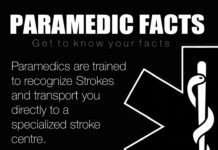What exactly is a paramedic worth?
The Money
The average base salary for a paramedic in the province of Ontario is approximately $75,348 annually. So what exactly does a paramedic have to do to earn this money?
The Education
Paramedics begin by completing a 2 year college program (most of which require post secondary degrees in Health Sciences to gain admission) followed by 450 hours of precepting before writing a provincial licensing exam.
A paramedic must then become licensed under a provincial base hospital program and pass 16 hours of continuing education annually. These are the minimum requirements to be a Primary Care Paramedic.
Paramedics may opt to extend their training by completing another 1200 hours of training and post secondary training at a provincial college followed by hundreds more hours of clinical and precepting before writing an additional provincial licensing exam to extended their skill set.
This Advanced Care Paramedic designation now brings with it even more mandatory training and education hours in order to maintain certification with a provincial Base Hospital program.
The Job
Most paramedic rotations consist of 12 hour shifts. It is common place for paramedics to start their shifts early and finish late.
When a paramedic receives a call with 30 minutes left in his shift they can’t simply ignore it because it will put them on overtime. Paramedics can’t ignore calls so that they can take regular or scheduled meal breaks and their breaks if they get any at all can be interrupted at any time (which is common place).
Paramedics are always on duty, working nights, weekends, holidays and sacrificing time with their families.
Paramedics routinely deal with cardiac arrests, myocardial infarctions, strokes, unconscious diabetics, traumatic injuries from motor vehicle collisions, industrial accidents, shooting and stabbings, overdoses, mental health crisis and the list goes on.
A paramedic may be recusistating an infant and an hour later be called for someone who just doesn’t want to wait in line at their doctor’s office. But on each and every call paramedics are expected to be at their best.
The physical demands on paramedics are great. Paramedics have to work in the blistering heat of the summer and the frigid cold of winter. Going in to dilapitated homes infested with bed bugs or thick with cigarette smoke. Paramedics lift an inordinate amount of weight throughout their careers and unfortunately perfect lifting posture is not possible in all circumstances.
A paramedic’s equipment and stretcher together weigh just over 115lbs and the average patient transported weighs more than 180lbs. For every patient that is transported to the hospital paramedics will lift and move upwards of 1000 lbs. This means that each and every paramedic will lift on average 455,000 lbs every year. That is 206 metric tons!
Paramedics have a wide skill set and knowledge base and have to make spilt second decisions on whether to give or with-hold treatment that can have profound implications.
These decisions are literally life and death and paramedics must live with their decisions. A paramedic is called in to foreign and uncontrolled environments and is expected to turn chaos in to calm. This quite often comes at a price.
The emotional stress a paramedic faces can be great. No one calls 911 for paramedics because they are having a good day. It is difficult for paramedics not to become invested in their patient’s outcome. The prehospital setting is unique in that the patient most often has family and friends with them. The scene is quite often chaotic and emotionally charged. Paramedics must not only deal with their patient but the patient’s loved ones as well. Unlike in a hospital setting, a paramedic does not have profound resources at their disposal (i.e. multiple physicians, RNs, RTs, to assist).
Paramedics see people at their worst and are expected to be at their best, every day. A 2012 study has shown that the paramedic profession is at the greatest risk for PTSD. It is impossible for a paramedic to “leave their day behind” when they leave, by their very nature paramedics care.
This means that it is not always possible for paramedics to share their day with family or friends.
It should be apparent that by this point that paramedics did not chose this profession for the love of money or glory.
Paramedics have an overwhelming desire to help those in need and it takes an extremely dedicated, caring and professional person to be a paramedic even though less than 4% of paramedics make it retirement.


























